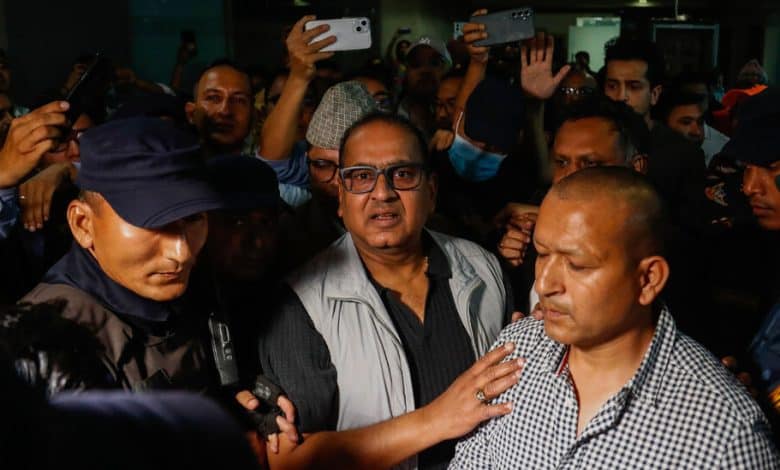Arrest Threatens Nepal’s Standing as South Asia’s Model for Free Speech

In a region sliding toward authoritarianism one country after another, the small Himalayan nation of Nepal was a shining exception.
Political debates remained largely free, and the powerful could easily be questioned. That openness, in a poor country emerging from centuries of monarchical suppression and decades of insurgency, showed that democratic expression need not necessarily be correlated to economic status.
But the arrest last month of the owner of the country’s largest media conglomerate has raised fears about the Nepali government’s commitment to free speech, and about whether the country is now going the way of its South Asian neighbors Pakistan, Bangladesh and India.
The executive, Kailash Sirohiya, was detained nearly two weeks ago in a thinly veiled act of retaliation by Nepal’s powerful home minister, Rabi Lamichhane. The minister had been the subject of intensely negative coverage by the Kantipur Media Group, owned by Mr. Sirohiya.
The company’s news articles had disclosed that Mr. Lamichhane, a popular television host before he turned to politics, had broken the law by serving in Parliament while maintaining citizenship in a second country, the United States.
Mr. Lamichhane resigned but then returned months later to Parliament, and to the helm of the Ministry of Home Affairs, after addressing the citizenship issue. Kantipur continued to examine Mr. Lamichhane’s actions, however, later reporting accusations of embezzlement against him.
